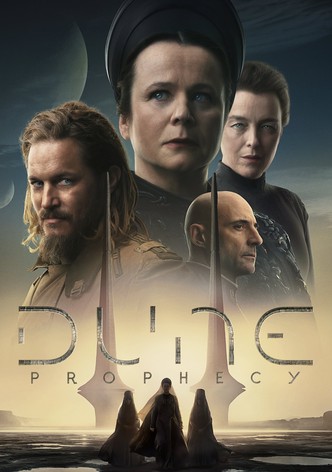Understanding the Dune Prophecy and Its Significance

Introduction
The Dune prophecy, central to Frank Herbert’s groundbreaking science-fiction novel series, is a multifaceted concept that explores themes of power, destiny, and ecology. With the recently released film adaptation rekindling interest in this literary masterpiece, understanding the Dune prophecy is more relevant than ever, not only to fans of science fiction but also to those interested in the broader implications of its themes in contemporary narratives.
The Essence of the Dune Prophecy
At its core, the Dune prophecy refers to the anticipated emergence of a messianic figure known as the Kwisatz Haderach, a being prophesied to possess extraordinary abilities and the potential to alter the course of humanity. Set against the backdrop of the desert planet Arrakis, also known as Dune, the narrative intricately weaves together themes of resource conflict, the essence of leadership, and the consequences of ecological neglect.
Key Events and Themes
Critical to the understanding of the Dune prophecy are the events that unfold through the journey of Paul Atreides, the protagonist who rises from nobility to a pivotal figure within the political and spiritual tapestry of the universe. Paul’s discovery of his own potential, grappling with fate and free will, resonates with readers and viewers, who see reflections of real-world issues regarding leadership and environmental sustainability.
Moreover, the novel addresses the interplay between religious beliefs and political power, showcasing how prophecies can manipulate societies and drive political movements. Herbert’s work prompts introspection about the manipulation of belief systems for control and the ethical responsibilities of leaders in the wake of such prophecies.
Conclusion
The significance of the Dune prophecy extends beyond the page, influencing contemporary storytelling across various media. As audiences engage with themes of prophecy, environmental stewardship, and societal dynamics, it is evident that Herbert’s vision remains relevant. Looking ahead, the enduring legacy of the Dune prophecy suggests that modern narratives will continue to be shaped by these complex themes, encouraging us to reflect on our own realities and the implications of our choices in shaping the future.









